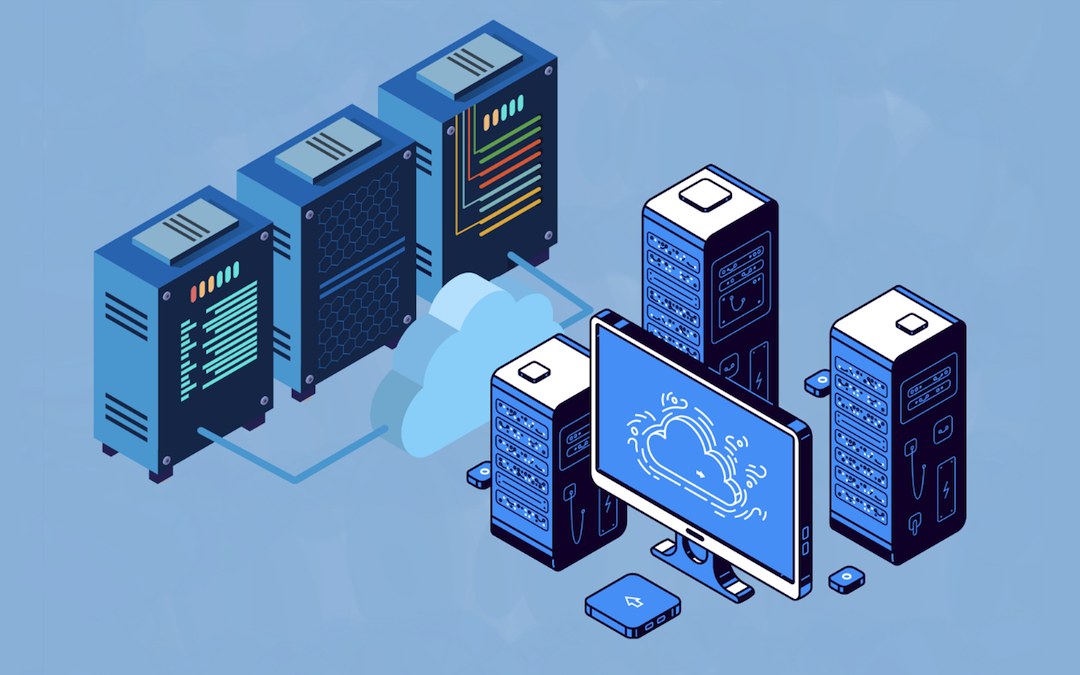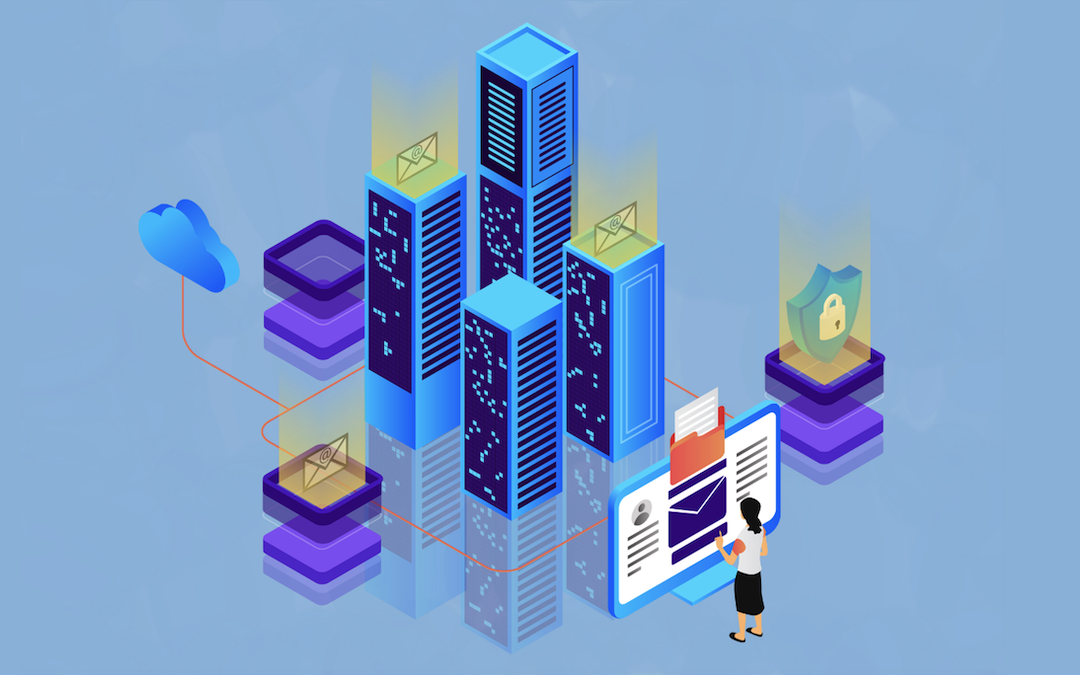
In today’s digital world, servers are the backbone of almost everything online—from websites to streaming services and cloud storage. But what is a server exactly, and why are they so important? In this blog, we’ll break down the basics of servers, explore different types, and look at their functions and benefits. We’ll also touch on how servers support services like USA VPN to keep your internet browsing fast and secure.
What is the Server?
What is a server? A server is a powerful computer or system that provides data, services, or programs to other computers (called clients) over a network. Think of servers as the central hub that stores and manages information for websites, applications, and online services. Servers work 24/7 to handle requests—whether it's delivering a webpage, processing a payment, or streaming a video. Without servers, the internet as we know it wouldn’t function.

Types of Servers
There are many different types of servers, each designed for specific tasks. Here’s a breakdown of the most common ones:
1. Web Servers
Web servers deliver web pages to your browser, and it is known as web hosting services. Every time you click on a link, a web server responds and loads the content for you. Popular websites like Google or YouTube run on massive web server infrastructures.
2. File Servers
File servers store and manage data files. These are commonly used by businesses to securely store large amounts of information and share files within their networks.
3. VPN Servers
A VPN server allows users to browse the internet securely and privately by encrypting their connection. A USA VPN is ideal for accessing US-based content from anywhere in the world. VPNs can also hide your IP address, ensuring your privacy while surfing the web. When choosing a reliable VPN service, consider ExpressVPN, NordVPN, and Surfshark VPN, which offer robust security and fast connections through their network of servers.
4. Database Servers
Database servers manage large amounts of data, processing multiple queries at once. These servers are essential for any business that needs to handle user information, inventory, or financial transactions.
5. Cloud Servers
Cloud servers are virtual servers hosted online. They offer scalability and flexibility, allowing businesses to adjust their storage and computing power as needed without the expense of maintaining physical servers.
How VPN Servers Work: The Role of VPN for USA
A VPN server is a special kind of server that creates an encrypted connection between your device and the internet. By routing your traffic through a VPN server, your data becomes secure, and your IP address is hidden. A VPN for the USA is particularly useful if you want to access geo-restricted content like US-based streaming services or news websites from anywhere in the world. VPN servers are strategically located to provide the fastest connection possible. For example, when using a VPN for the USA, you connect to a server located in the United States, ensuring both security and access to US content. VPN services are known for providing fast, reliable servers in the USA and other countries, giving you peace of mind and a smooth browsing experience.
Core Functions of a Server
Servers are designed to perform several essential tasks:
- Storing and Managing Data: Servers store everything from website files to databases, ensuring information is available whenever needed.
- Running Applications and Services: Servers allow applications like email, e-commerce, and video streaming platforms to run seamlessly.
- Enabling Remote Access: Businesses rely on servers to allow employees to access files and applications remotely, especially in the era of remote work.
- Supporting Secure VPN Connections: VPN servers protect your browsing activity from hackers and allow you to bypass geographic restrictions, as with a VPN for USA.
Key Benefits of Using Servers
Here are the major benefits of servers in both business and personal use:
1. Centralized Data Management
Servers keep data centralized and accessible, which is particularly important for businesses. Whether you’re storing customer records or important files, a server ensures that data is stored safely and can be accessed quickly.
2. Security
Servers offer built-in security features to protect data from cyber threats. This is especially important for sensitive information like financial records, healthcare data, or personal files.
3. Scalability
Servers can easily scale up as your business grows. Need more storage or computing power? Servers—especially cloud servers—can expand to meet your needs without major infrastructure changes.
4. Supporting VPNs for Encrypted Browsing
A key benefit of using VPNs is their encryption capabilities, which are powered by secure servers. VPN providers use multiple servers to ensure both speed and security, allowing you to browse without worrying about hackers or prying eyes.
How Servers and USA VPNs Are Used in Different Industries
Servers and VPNs play an essential role in various industries:
- E-commerce: Servers handle online transactions and store customer data, while VPNs protect sensitive payment information.
- Healthcare: Servers store medical records and allow doctors to securely share data. A VPN for the USA can ensure that healthcare professionals working remotely are browsing securely.
- Streaming Services: Streaming platforms use servers to deliver content quickly and efficiently. A VPN for the USA helps users access restricted content on platforms like Netflix or Hulu from abroad.
Conclusion: The Importance of Servers and VPNs for USA in 2024
Servers are critical to the functioning of everything from websites to apps, while VPNs—powered by secure servers—help protect your privacy and enable secure, fast browsing. If you’re looking for a reliable VPN with fast USA servers. Their network of servers ensures a smooth and secure online experience, whether you're streaming, working, or browsing privately. In today’s connected world, both servers and VPNs will continue to play a vital role in ensuring data security, speed, and privacy for everyone.
Share this post
Leave a comment
All comments are moderated. Spammy and bot submitted comments are deleted. Please submit the comments that are helpful to others, and we'll approve your comments. A comment that includes outbound link will only be approved if the content is relevant to the topic, and has some value to our readers.

Comments (0)
No comment